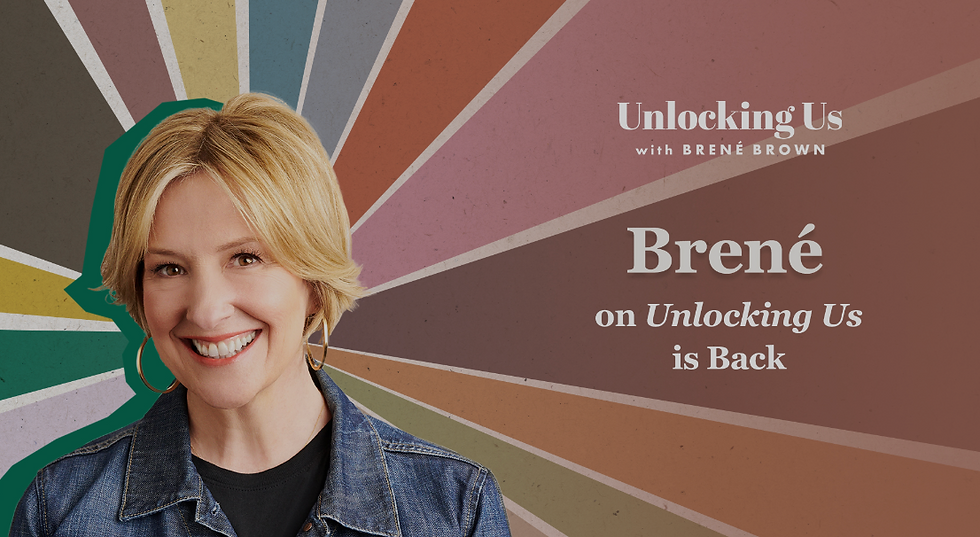Podcasts and Mental Health: A Powerful Connection You Can’t Ignore
- Eric Rush
- Nov 8, 2024
- 2 min read
The conversation around mental health is more urgent than ever, and one medium is leading the way: podcasting. With over 400 million people worldwide tuning in, podcasts are not just a trend; they are a powerful platform for storytelling and connection that can significantly impact mental well-being.
The Impact of Podcasting on Mental Health
Recent research from the University of Michigan highlights that regular podcast listeners experience lower levels of loneliness and enhanced emotional well-being. Podcasts serve as a source of companionship, providing comfort during tough times and fostering a sense of community. For creators, podcasting is an outlet for self-reflection and healing, allowing them to confront their experiences and share their journeys with others.
Podcasters Making a Difference
Joe Rogan - "The Joe Rogan Experience" Joe Rogan’s podcast is a cultural phenomenon that touches on various topics, including mental health. His candid conversations with guests, ranging from scientists to comedians, often explore themes of anxiety, depression, and the importance of mental resilience. Rogan’s open discussions help normalize these conversations, encouraging listeners to confront their mental health challenges.
Brene Brown - "Unlocking Us" Brene Brown is a leading voice in the study of vulnerability and courage. In her podcast, "Unlocking Us," she dives deep into the intricacies of human emotions, mental health, and the power of connection. Her insights provide listeners with tools to navigate their own emotional landscapes and promote mental well-being.
Jay Shetty - "On Purpose"Former monk Jay Shetty’s podcast focuses on mindfulness, relationships, and personal growth. His engaging storytelling empowers listeners to prioritize their mental health and embrace their unique paths. Shetty’s blend of ancient wisdom and modern insights resonates deeply, encouraging self-reflection and emotional resilience.
Why You Should Start Podcasting
The time to become a podcaster is now. Your voice can be a catalyst for change in the mental health conversation. Edison Research reveals that 49% of podcast listeners feel more connected to their community, underscoring the potential impact of sharing your story or insights.
Conclusion
Podcasting is a transformative tool for promoting mental health. It allows us to share our stories and connect with others, creating a more compassionate world. Whether you’re a dedicated listener or thinking about starting your own podcast, remember that your voice is powerful. Embrace it and contribute to the essential dialogue surrounding mental well-being.













Comments